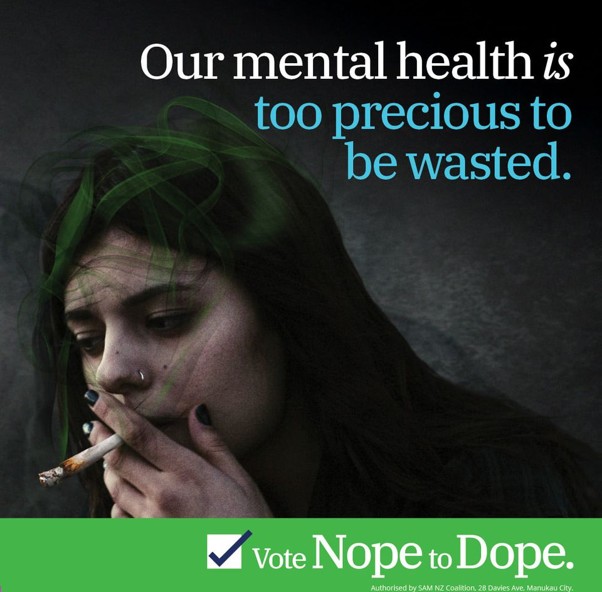
Tearaway 12 October 2020
Family First Comment: The voice of NZ youth!! So many good points…
• A late-2019 University of Pennsylvania report, entitled “Marijuana Legalisation in the United States: A Social Injustice,” points to how cannabis legalisation is disproportionately affecting minority communities.
• Considering the recent Black Lives Matter movement and the push to increase social justice, legalising cannabis could be a major step backwards in our strive for equality.
• It is common knowledge that cannabis use can be particularly harmful to young people, but it is an urban myth that legalisation will reduce this harm.
• The argument against cannabis legalisation is not one based on morals, but evidence. Sound research is staring us straight in the face and our country needs to pay attention. If we fail to recognise the adverse effects legalising cannabis undeniably brings, we are in danger of falling into a situation that we cannot get out of.
It’s a big political year for New Zealand. Along with October’s general election, Kiwis will be having their say on the Cannabis Legalisation and Control Bill referendum. For young New Zealanders who’ll be voting for the first time, this is a lot to think about.
There are plenty of reasons why cannabis legalisation can be a good thing: thousands of dollars are wasted each year convicting those on minor cannabis charges, and creating a regulated cannabis industry may just give our economy the boost it needs post-Covid. However, the negatives of cannabis legalisation cannot be ignored, and overseas research is showing that legalisation may cause more harm.
One of the supposed benefits of legalisation is reducing social injustice, but recent studies have shown that this is not the case. A late-2019 University of Pennsylvania report, entitled “Marijuana Legalisation in the United States: A Social Injustice,” points to how cannabis legalisation is disproportionately affecting minority communities. In the two years immediately following Washington D.C.’s 2015 move to legalise weed, distribution and public consumptions arrests relating to cannabis nearly quadrupled. Among these arrestees, 84.8% were African American. Like Big Tobacco and liquor stores, the cannabis industry targets lower socio-economic groups as its main profit base; in Denver, Colorado, which was also included in this study, businesses selling cannabis were largely located in disadvantaged neighbourhoods. Higher crime rates follow areas in which cannabis stores are located, and the ownership of these stores do not mirror the communities they are based in – as little as 2% of cannabis businesses nationwide are owned by minority groups. New Zealand needs to take note of these warnings. Considering the recent Black Lives Matter movement and the push to increase social justice, legalising cannabis could be a major step backwards in our strive for equality.
The harm that legalising recreational cannabis can cause does not end with increased social injustice. A 2016 study by the ‘Rocky Mountain High Intensity Drug Trafficking Area‘ shows that the consequences are numerous, and particularly with cannabis-related road accidents. New Zealand already has shocking drug-driving rates: studies have pointed out that as many as one in three drivers involved in serious and fatal crashes were under the influence of drugs, namely cannabis. These statistics are sure to increase with legalisation, as seen in Colorado, where cannabis-related road deaths increased 62% after legalisation. Considering our country’s desperate attempts to reduce drug driving – just last year, the New Zealand Transport Agency launched its “Unsaid” campaign to raise awareness of the issue – pushing the legalisation of a mind-altering drug is a slap in the face to these efforts.
READ MORE: https://tearaway.co.nz/opinion-legal-highs-a-social-low/
